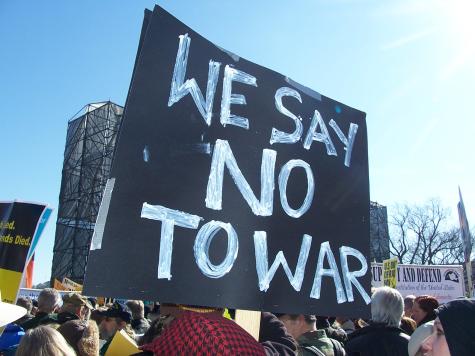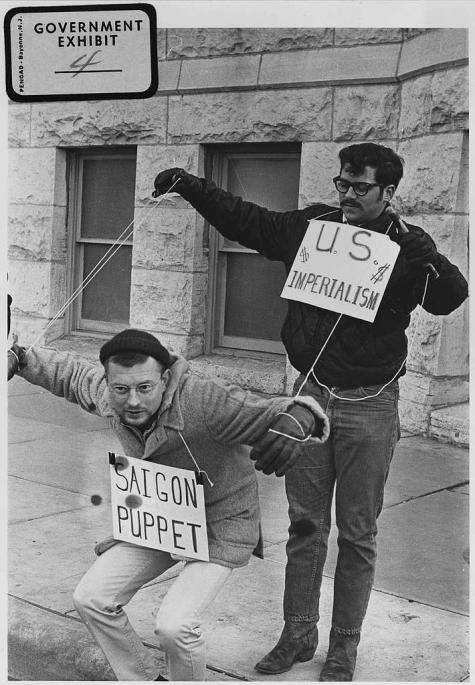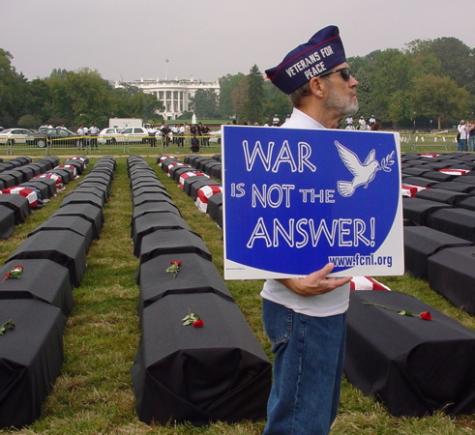Conscientious OBJECTORS & War Resisters

Our Right to Conscientious Objection – Guide to War Resisters
Conscientious objectors refuse to participate in any form of war, serve in the army, undergo military training, or bear arms as part of their moral or religious belief. Since WWI conscientious objection has been at the centre of the antiwar struggle and peace movement. To refuse to support war machines and the death and destruction that they bring takes incredible courage and can even result in prosecution, imprisonment, or a life in exile.
Our ➡️ platform on conscientious objection is home to 1,800 resources including essential news portals, country by country guides, organisations, important tools, and essential background information. Learn about famous pacifists, the concept of pacifism, and our incredible guides to peace and nonviolence.
Globally we are experiencing a time of rising conflict, instability, increasing militarisation, bloated military budgets and the flooding of weapons into fragile states. Now is the time to stand up and say no to violence.
World War I and II were some of the first examples of mass conscientious objection. Those who chose not to participate in the fighting were given limited options - joining in non-combat roles, enrolling in the Civilian Public Service programme, or imprisonment. During WWII a total of 60,000 men chose not to serve, 16,000 of them opting for jail time. Whilst imprisoned many were subjected to torture, left to endure solitary confinement, and stripped and sprayed with cold water.

One of the most famous cases of conscientious objection was Muhammad Ali who was convicted of draft evasion in 1967. He was fined $10,000 and sentenced to five years in prison. His case was eventually overturned 4 years later.
Predatory enrolment techniques used in the U.S. ensure that few are aware of the true realities of war and the option of conscientious objection. Military education and recruitment in schools target vulnerable young people who are swayed into decades long commitments with the promise of huge signing bonuses but minimal understanding of the seriousness of enlistment.
The Right to Refuse to Kill - Protections for War Resisters
There are many anti-war organisations all over the world who support the idea that war is a crime against humanity, They fight to end the root causes of war including weapons manufactures, the arms trade, foreign interference, coups, and religious disputes.
Organisations such as War Resistors’ International work hard to support conscientious objectors. They provide alerts on the prosecution of objectors such as the recent cases in Ukraine of Yurii Sheliazhenko and Ruslan Kotsaba. They also provide information on the treatment of CO’s in different countries, and guides on the international human rights system which supports those challenging their governments and helps to protect against human rights abuses.

The right to conscientious objection is based on the freedom of thought, conscience, and religion which are guaranteed by international human rights conventions. The right to say no to war is recognized as a human right in both article 18 of the Universal Declaration of Human Rights, and article 18 of the International Covenant on Civil and Political Rights.
Regardless of this, there are still many countries where the right to conscientious objection is not legally guaranteed, and outspoken pacifists face a series of human rights violations, restrictions, arbitrary trials, and financial penalties.
In Europe for example, many countries still maintain conscription and young men are still liable to perform military service. This is especially the case in Eastern Europe, the Balkans, and Russia.
Political pressure and repression ensure that conscientious objectors face mounting difficulties. Learn more about the situations in Ukraine, Russia, Belarus, Israel, Turkey, Cyprus, Greece, South Korea and many other countries.
Say No to War for a Better World
Conscientious objectors and war resisters can be found in every corner of the globe. They hope for a brighter, more peaceful future in a world grappling with the horrors of war. They challenge the institutions that perpetuate conflict and remind us that there are alternative ways to resolve them. Their courage, faith, and commitment to peace are a powerful testament to the importance of standing up and saying no to violence.

Learn about the inspiring organisation Veterans For Peace, a group of former soldiers who know all too well the true costs of war, and International Conscientious Objection Day the annual celebration of those who have and continue to resist violence.
As the culture of war and militarisation spreads, the voices of conscientious objectors become more essential. We must continue to say no and spread awareness of our right to refuse to kill. Together we can show politicians and governments that we are not complicate in their war games, we are not pawns for them to sacrifice, and that the voice for peace is loud and strong.
“War will exist until that distant day when the conscientious objector enjoys the same reputation and prestige that the warrior does today.” - John F. Kennedy
Authors: Hüseyin & Merve 26.10.23, Updated and edited by Rachael Mellor: 29.10.23
For further reading on Conscientious Objectors see below ⬇️